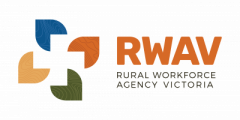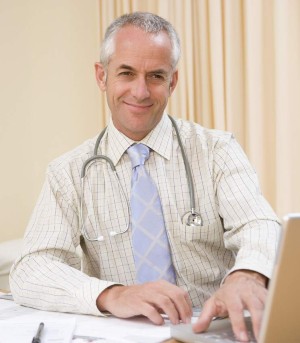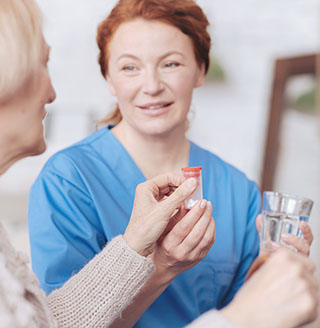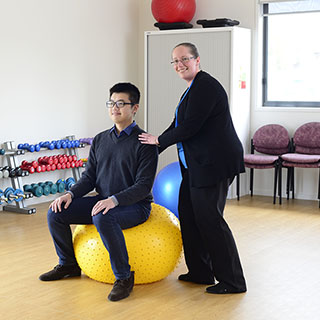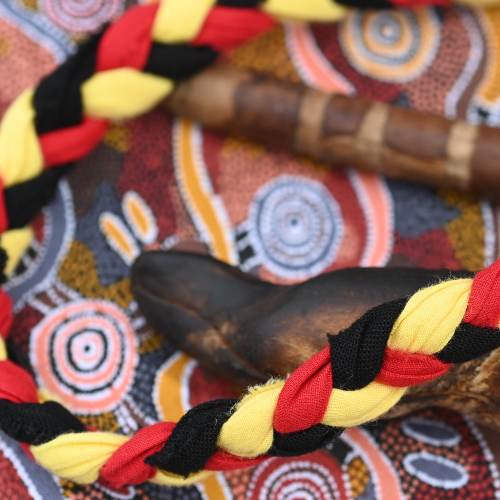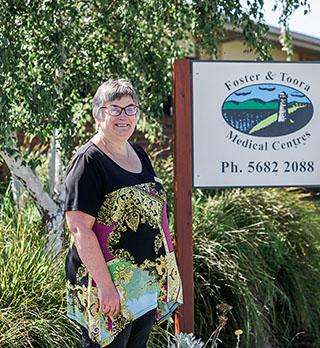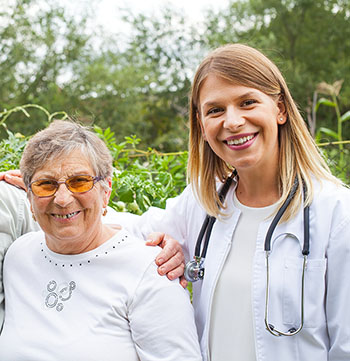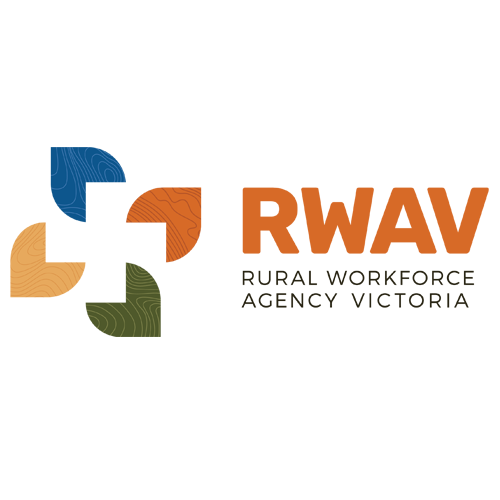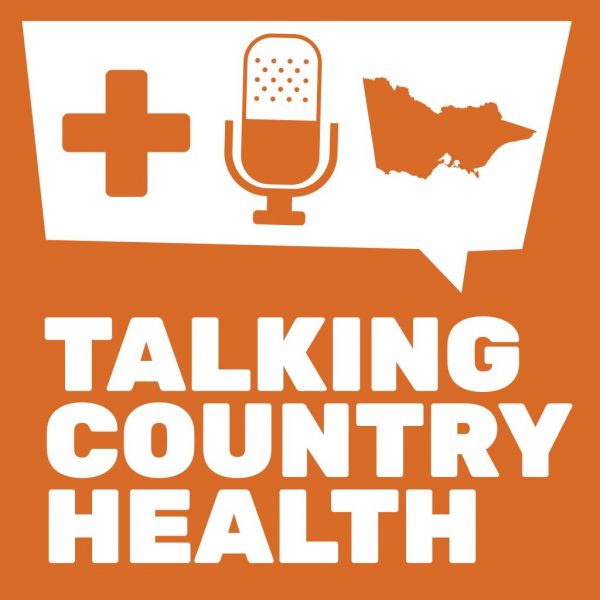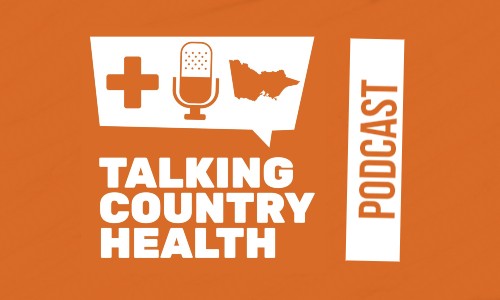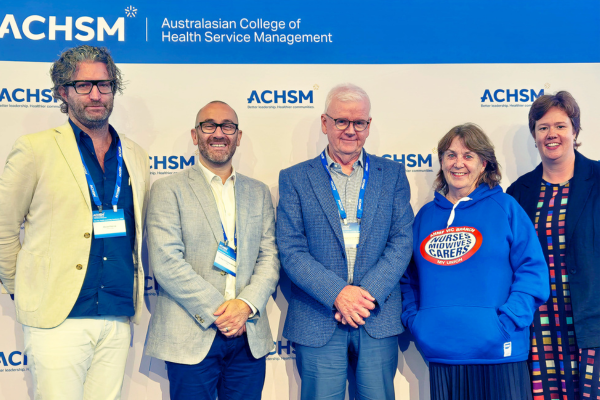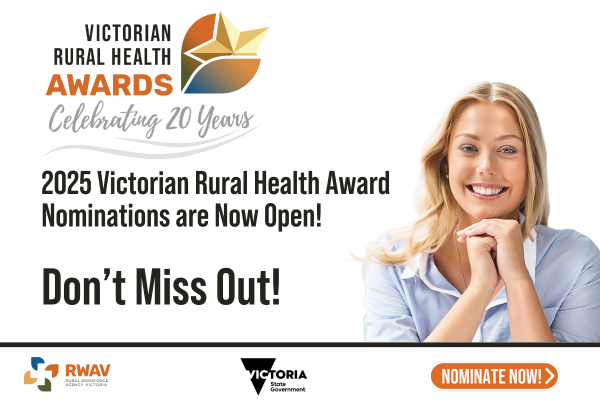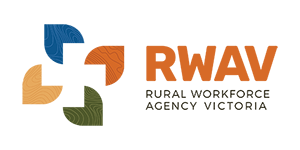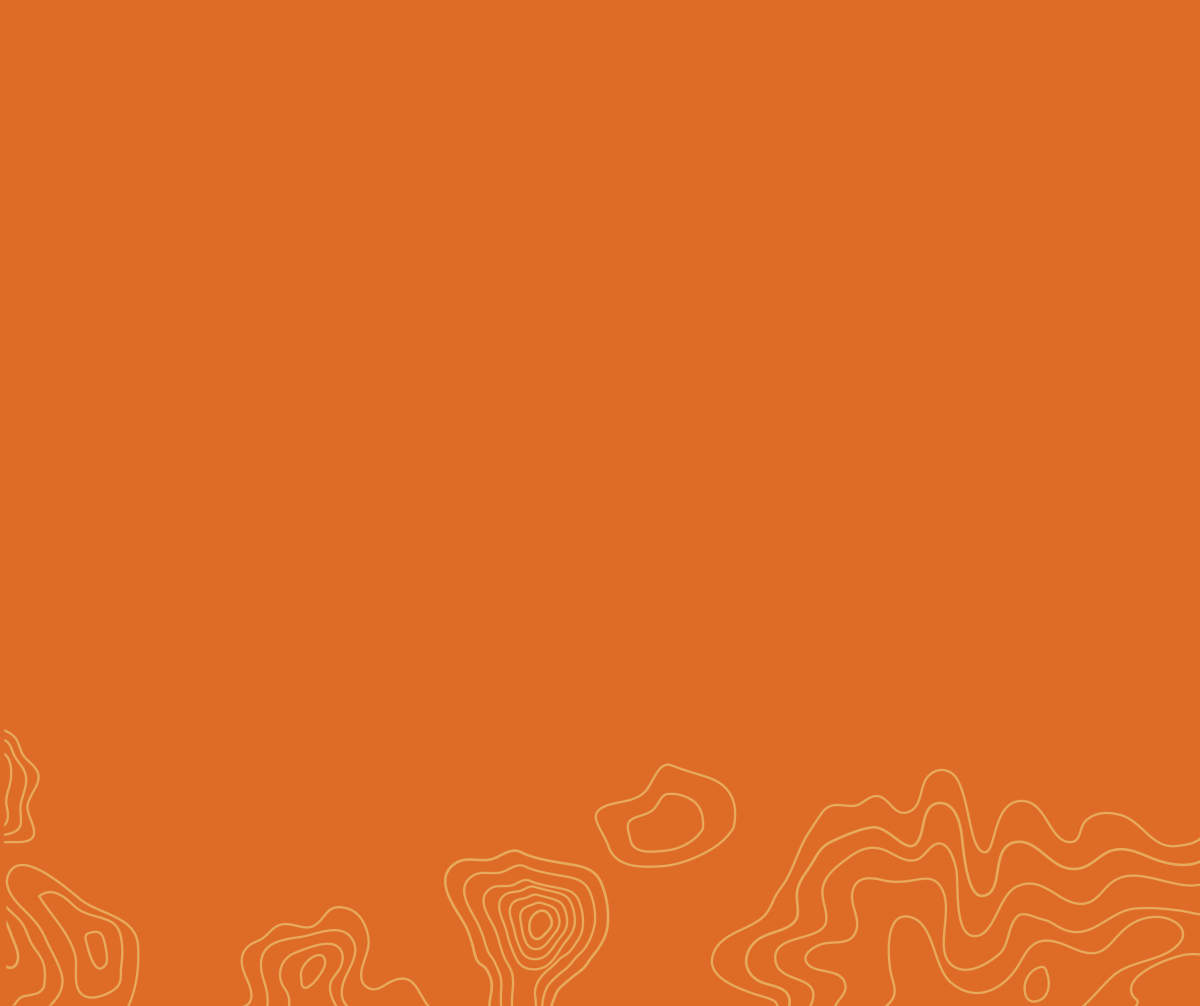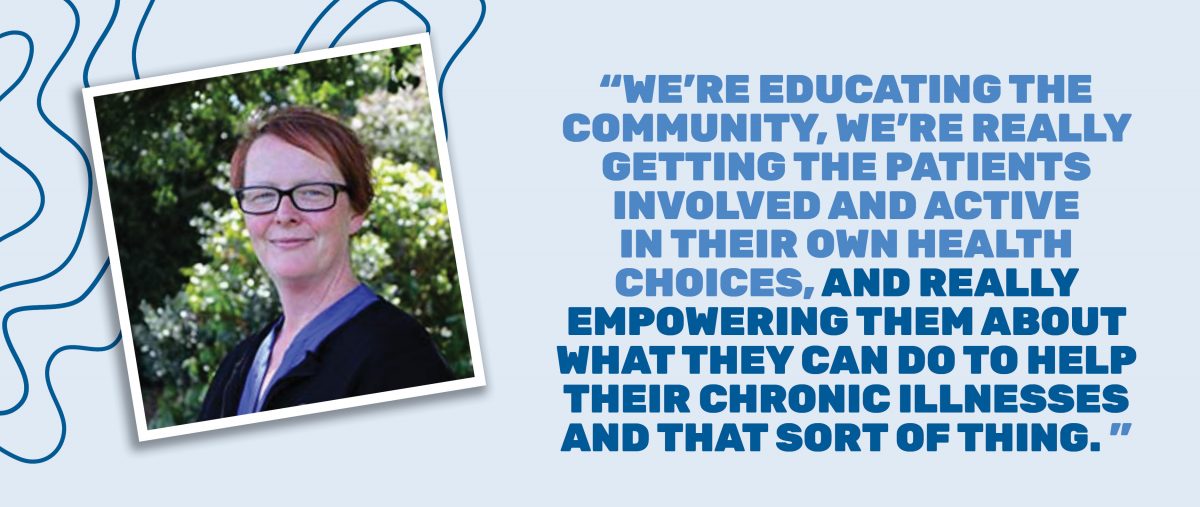
Tracey Quinn is a pastry chef-turned-nurse who recently made the switch to rural health. Having been based in the south-western suburbs of Melbourne for most of her career, she was initially nervous at the prospect of working as a rural nurse.
Tracey came across an RWAV advertisement for a nursing role at Springs Medical in Daylesford. Immediately drawn to the proactive health measures and community centred focus of the practice, she snapped up the opportunity to take the next step in her career.
We caught up with Tracey to hear a bit more about her journey, and how she’s found the transition from city to country.
Tell us about your career journey
I wasn’t a nurse originally, I was a pastry chef and after I had children I decided to do something different. The original goal was to be a midwife but after doing my placements I realised that I just really loved nursing. My first job was with Altona Superclinic. It was bit of a baptism by fire. You would see upwards to 100 patients a day, and obviously during cold and flu season it would be almost double that. It was an extremely busy clinic but now looking back, I actually really appreciate the experience – it made me a very time efficient nurse and gave me a lot of skills.
I really did quite enjoy it, but then we moved rurally. We moved to Gordon, which is sort of between Bacchus Marsh and Ballarat, and I was still commuting daily to Altona, and that was really becoming quite painful.
I had been thinking I’ll jump on Seek and have a look. The RWAV ad appeared for Springs Medical in Daylesford, and it just seemed like divine intervention. I thought, I’ll stick my resume in; what’s the harm. The more I read about the job, the more I wanted it and felt that it was fate. It just really spoke to me.
How did you find the RWAV recruitment process?
Angela (RWAV Recruitment Program Coordinator) took the time to really talk me through what both companies were about, so what RWAV does and what your aim is, and also having that relationship with Springs Medical, she knew them quite well. She knew what they expected and what they were looking for, and what they needed in a nurse.
The information helped me to put together my application letter and how to present myself in the best way, as well as what to expect. I was very nervous about moving to rural health – whether I would fit in and whether or not I’d be able to be an asset to the company. So, I felt that I went in with a good understanding of what the rural health needs are, and that really helped me to see that I would be a good fit.
I had only interviewed once for a nursing position before and it was a really informal interview. There wasn’t really much for me to fall back on to say that I’ve done this successfully. Angela talked me through all of it, then I had the interview and that went really well. I just had the feeling that this was my job, it was tailor made for me and I really wanted it.
What in particular drew you to the job at Springs Medical?
The preventative health measures they have in place. Springs is very proactive, for example they have programs like the Put a Spring in Your Step Program, the Women’s Wellness Programs, and now we’ve just started with a transgender clinic. They’re about looking at steps ahead instead of just re-acting to people’s health issues.
We’re educating the community, we’re really getting the patients involved and active in their own health choices, and really empowering them about what they can do to help their chronic illnesses and that sort of thing.
Additionally, at Springs, because it’s a smaller company, they really try to make you the best health professional that you can be, and they are encouraging about fostering your own special interests. For example, I love wounds, I absolutely love wounds, so they’ve really been instrumental in me taking a hand in that in our clinic and moving us forward, getting us up to best practice.
In your opinion, what have been the biggest differences working in rural health compared to working in the city?
The biggest difference is the relationship you get to form. You’re not just shuttling clients in and out the door. You really get to understand what’s going on in their lives, because you’ve got the time to build that relationship.
Being such a small community, you see clients quite regularly. From a holistic health perspective, it really makes it easy to understand what their needs are, to understand what kind of person they are. You know instantly what kind of person is going to follow your health directive, and what person won’t. So, you cater your care for who that person is.
Whereas when you’re working in metro, you never get to know them as well as I have been able to in rural health. I think that’s one of the major differences that I really love – being able to foster that relationship with the patient. They know me, I know them, and being able to tailor their health needs a bit more appropriately.
In saying that, it has been an eye opener. In Altona it was really quite easy to get people help when they needed. In rural, it is slower and harder to find the information you need. Getting my head around that was a bit of a challenge at first, but Springs are super helpful with that. There is always somebody who knows what to do; we’ve got quite a diverse nursing staff there.
Any advice for health professionals who are looking to make the transition from city to country?
Nobody expects you to know everything jumping straight in. Especially with the Springs team, they’re very open to not only helping you when you need it but also encouraging you to step up. When you know something more, they’ll encourage you to speak up and say when something is best practice, or offer suggestions on what you might do in a situation.
Don’t be afraid to ask questions. There’s no such thing as a silly question. You have to come in without pre-conceived notions and just be a bit more fluid.
Are you interested in work opportunities in regional and rural Victoria? RWAV provides a free end-to-end recruitment service for health professionals seeking opportunities in primary health care. We also provide grants to support your professional development needs.
See our current vacancies here. To speak to a member of our dedicated Recruitment Team, reach us on 03 9349 7800 or email recruitment@rwav.com.au.
